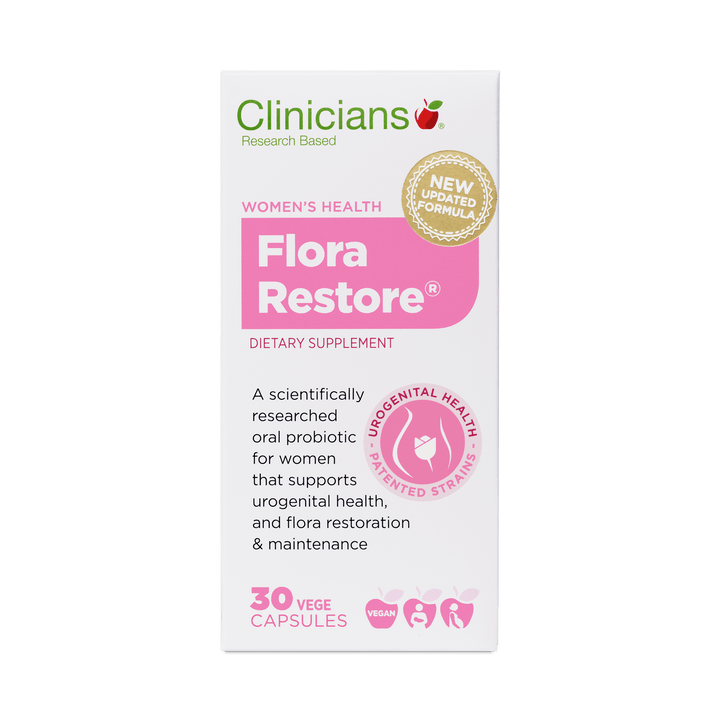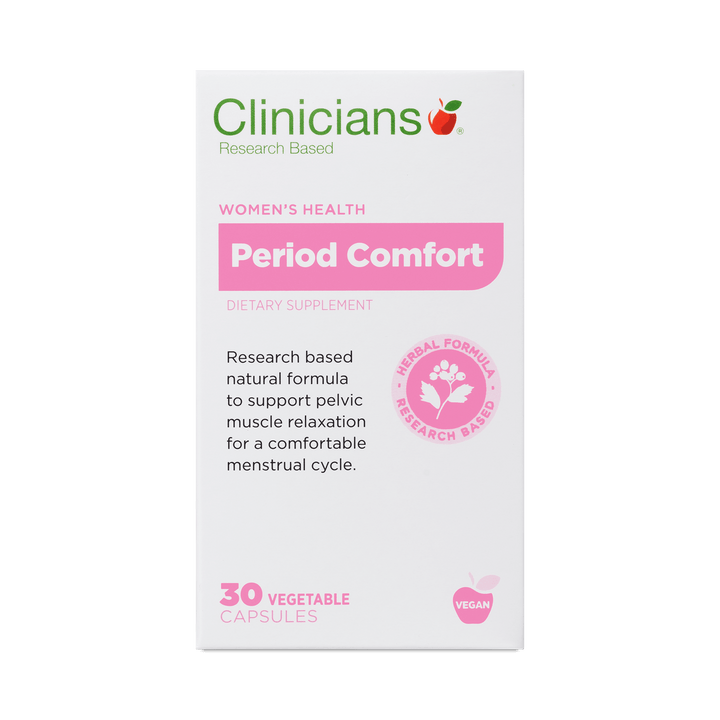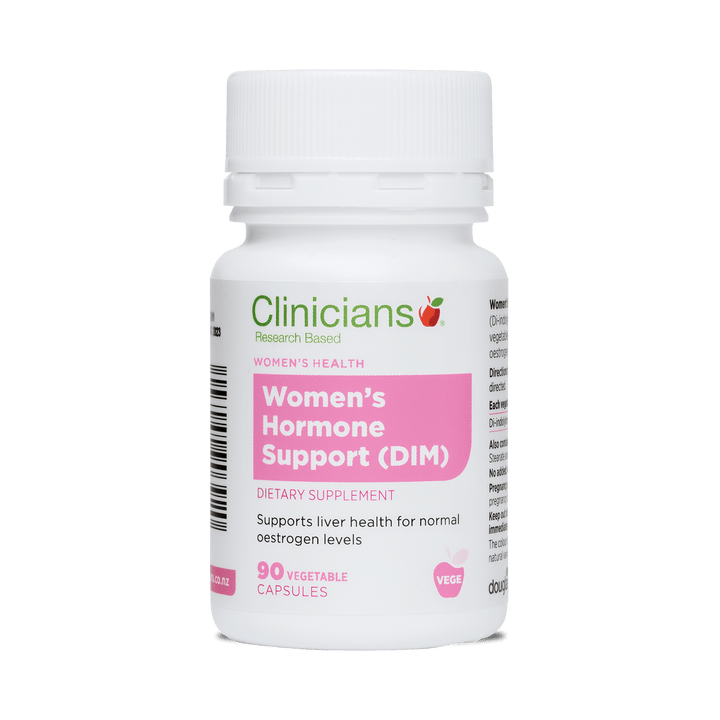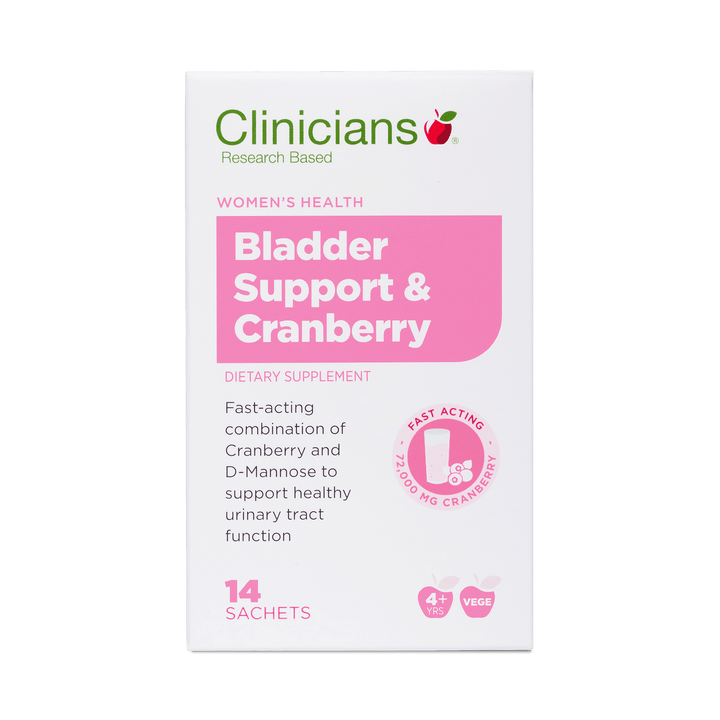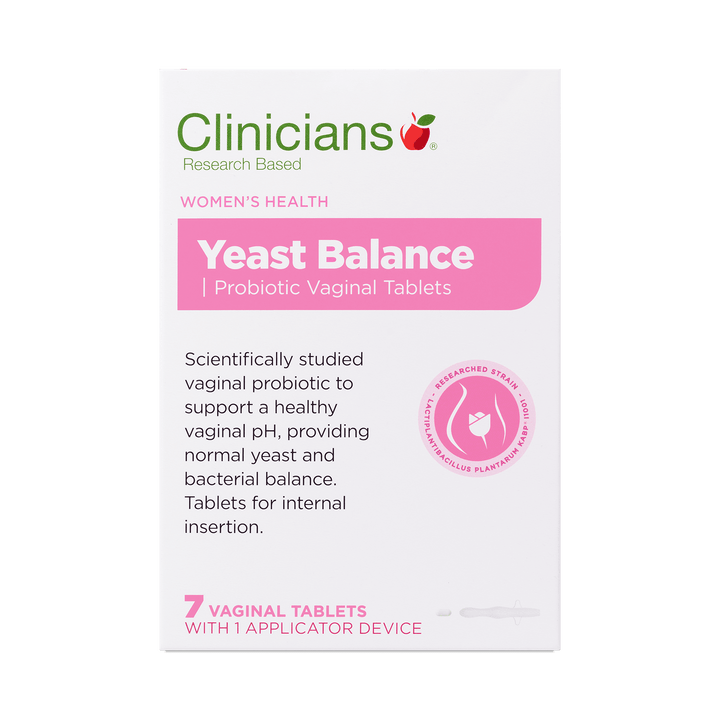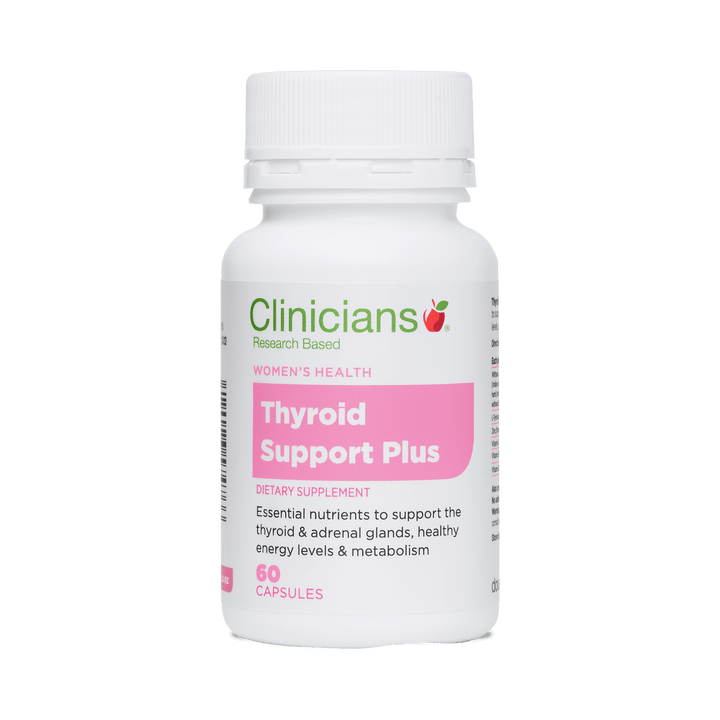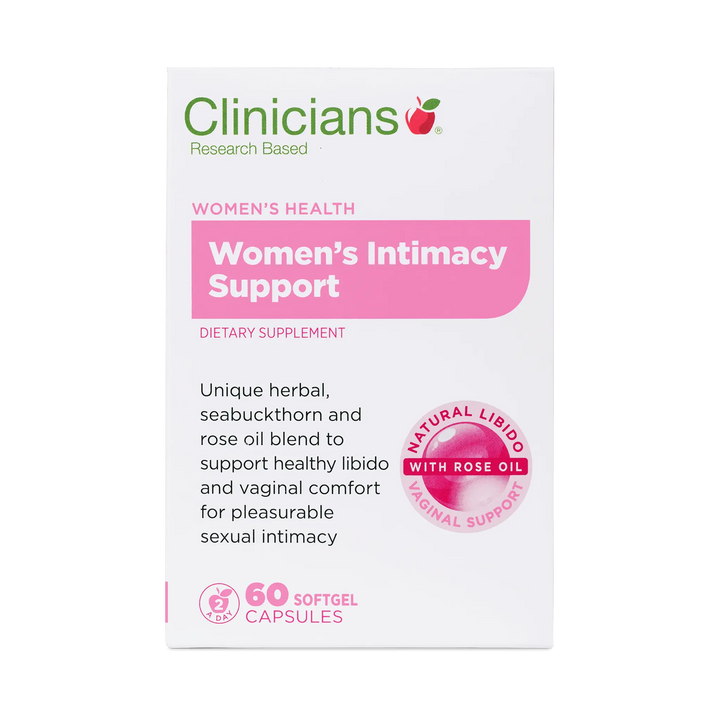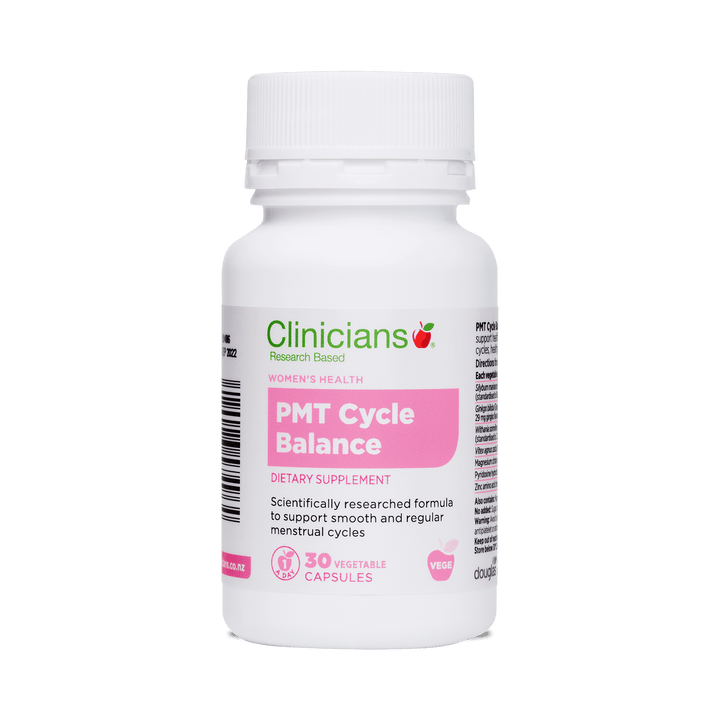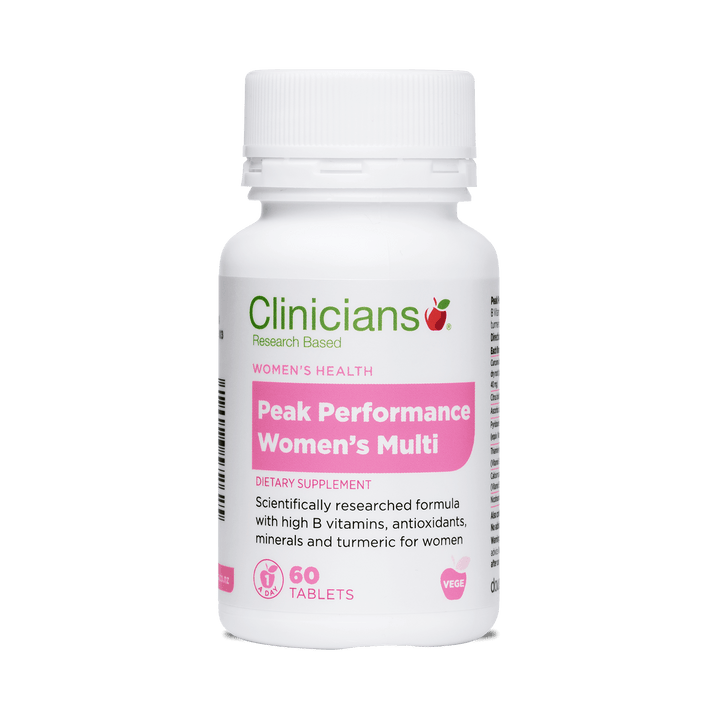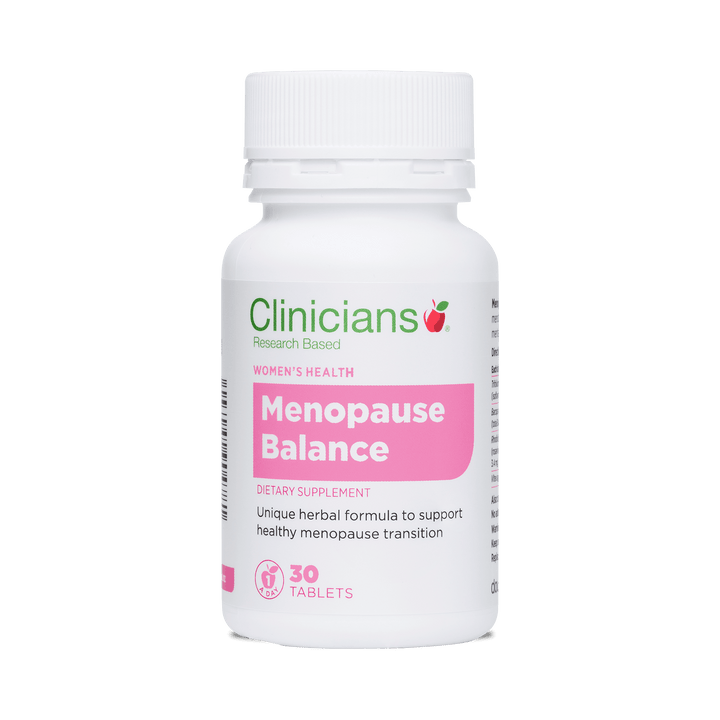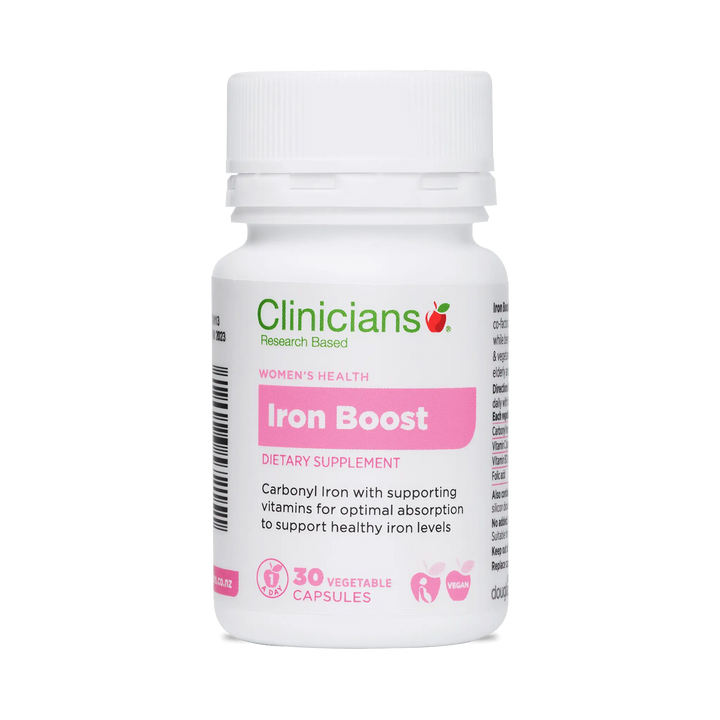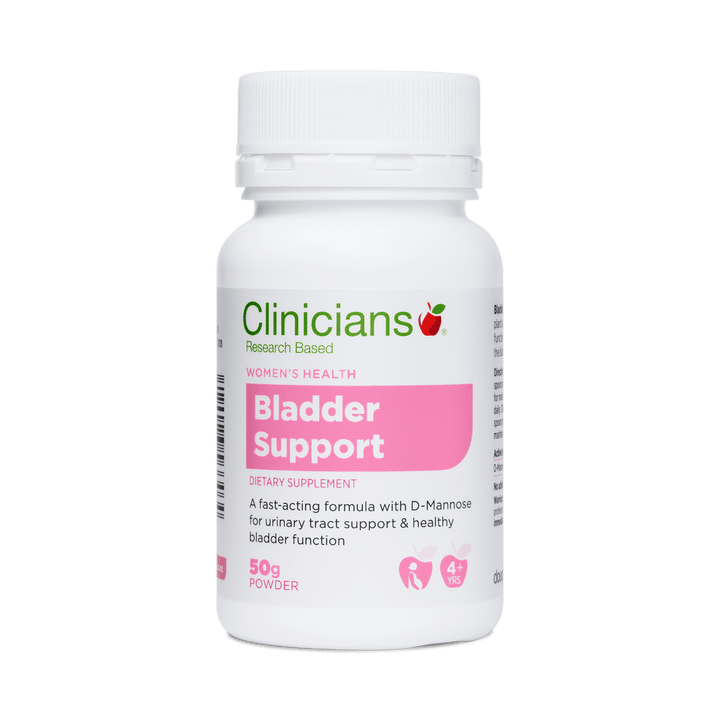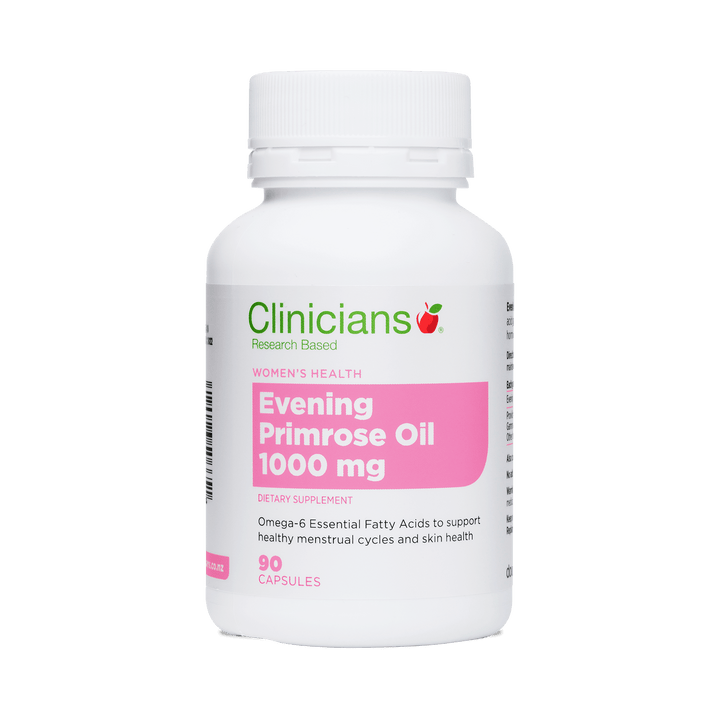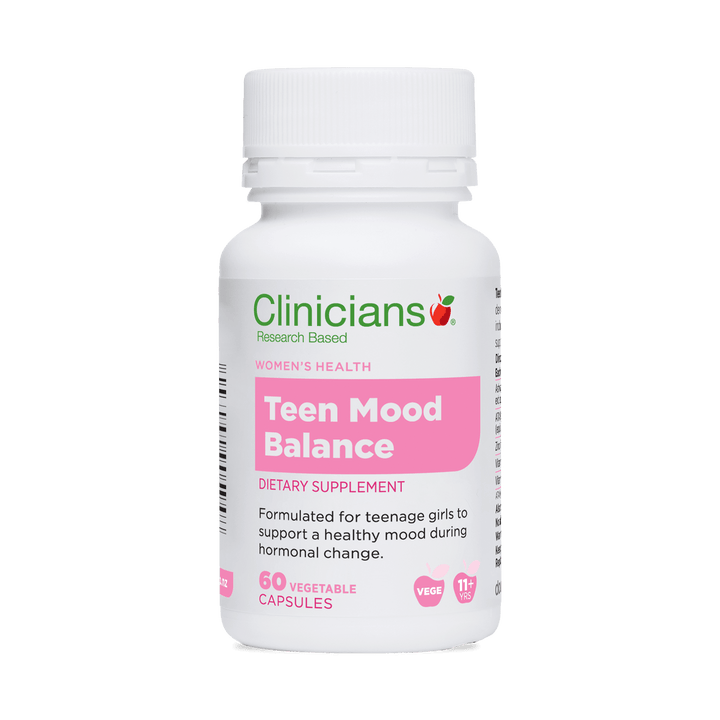So you have a new baby - what a joy! But it's also a time of fatigue, mood ups and downs and new responsibilities. Let's explore the common challenges and nutrition and wellness needs for new mums.
Having a new baby is one of the most joyful times in life. However, it is also a time of major life change with new responsibilities, new routines, new relationships - and you're going into it feeling tired and physically not 100% after giving birth. This is on top of the demands of the last 9 months on your body, providing a home and nutrition for a growing life.
And if this were not enough, sudden post-birth hormone changes lead to mood upheavals. It is no wonder that many women struggle.
Research shows that 95% of postpartum women experience post-partum fatigue. There are common anxieties in postpartum women around breastfeeding, lack of sleep, and low confidence in the skills of caring for a new baby.1
So, you are not alone. There are some very common problems, with very real reasons, that women face after the birth of their baby.
Officially the postpartum period is the first 6 weeks after childbirth. However, the first 3 months are fairly repetitive until new routines are established. Eat, sleep, change repeat! However, after 3 months things are still pretty busy, and as always in life everything does not always run to plan.
Common issues that women experience.
Sleep deprivation
Given that a newborn will only sleep for 2-3 hours, continuous deep sleep is a challenge for all new mums. According to Plunket babies don’t know the difference between night and day, which explains a lot. This usually develops after the first 3 months, when day and night routines can become better established.
Women might also experience sleep issues due to hormonal changes. Post-birth hormones such as oestrogen and progesterone drop dramatically, similar to how they do in menopause - a time when many women experience sleep challenges.
Mood
The baby blues are a common feature in the first few days after birth. Women might feel weepy, stressed or anxious at this time. This again is due decline of the hormone progesterone, which is the most abundant hormone in pregnancy. It is a hormone that makes us feel calm and relaxed, so a drop can lead to feelings of anxiety. Hormone levels balance out and progesterone levels will come back to pre-pregnancy levels when menstrual cycles resume.
Breastfeeding causes an increase in prolactin and keeps oestrogen low. Oestrogen can also support our levels of serotonin, our happy hormone, so a sudden drop may affect serotonin levels.
Key nutrient deficiencies can also be linked with low mood, for example, lack of essential fatty acids or vitamin D. This is more likely with breastfeeding, as nutritional nutrient requirements are higher when you are providing your baby's nourishment.
Energy
It would be normal to experience low energy after giving birth and also with sleep interruptions. However, persistent low energy could also be linked to nutritional deficiencies such as B vitamins and iron.
Thyroid levels are slightly higher in pregnancy as they are important for both mum and baby. Initially, the baby is dependent on the mum's thyroid level for normal nervous system and brain development .6 After giving birth there is an initial drop in thyroid hormones, which may leave you feeling tired and sluggish since the thyroid governs our metabolic rate.5 This should settle quickly, however, 23% of women might experience further thyroid imbalance, so if you have any questions about your energy speak to your healthcare practitioner.
What can we do to help?
The mind game
- Do one thing a day or make goals small. Normally, you can’t do much else in the first 3 months but look after the baby. Don’t pressurise yourself with lists. In the first few months between feeding, changing nappies and getting the baby to sleep there is not much time. 3
- Reach out and accept help from family and friends. Even a small break can help. 3
- Get outside – Vitamin D helps with mood. Also, the contrast of night (dark) and day (light) helps the brain know when it's time to sleep.
- Exercise and endorphins - wait til you get the green light for anything strenuous.
Nutrition
- Many women supplement with nutrients during pregnancy but forget postpartum. It is important to remember that when breastfeeding you are still giving the same amount of nutrients as in pregnancy. Even women who are not breastfeeding are still using nutrients for post-birth repairs and to support the needs of a new stressful busy life.
- Magnesium is an important nutrient for deep sleep and healthy sleep patterns. It helps muscle relaxation, which makes it important for relaxation at bedtime and to avoid headaches. It is as important for growing bones and it is used in the process of making our happy hormones. Given all these important functions it is a key nutrient postpartum and low magnesium levels are associated with low mood.
- Dietary fibre is necessary for easy bowel movements, which is very important just after giving birth. It is also important for feeding our good bacteria for gut health. It is important to remember that our gut is where we make many of our feel-good hormones. Great sources include most fresh fruits and vegetables, nuts and seeds, and whole grains.
- Good fats like fish, nuts, seeds and avocado are good sources of essential fatty acids. Omega 3 oils are associated with positive mood2, healthy brain function and brain health for the infant. It is also great for skin moisture and hair health.
- Keep hydrated. Water is important for brain function and energy, and you need more when breast feeding.
- Check your iron levels and vitamin 12 and folic acid if you have low energy.
Helpful herbs
It is difficult to find herbs that are suitable postpartum especially if you are breastfeeding. Here are two key herbs that can support mood and relaxation in the months after giving birth.
Lavender
This popular herb is well known for its relaxing aroma when used as an oil. Traditionally it has been used as a tea for calming the nervous system and soothing the stomach. Now research shows lavender's benefits as a herb that can support low mood. Research on post-partum women concluded that lavender supports relaxation, sleep and mood support.1
Chamomile
This has long been used by many cultures as a tea to support nervous stomach and bloating. It also supports teething and babies with trapped gas. It is well known as a bedtime drink for relaxation for getting to sleep. The latest research on postpartum women shows it supports emotional calm, positive mood and sleep quality.4
For more one one-on-one support in this area, you can book an appointment with one of our naturopaths or send a question to our team.
References
-
Chen Shu-Lan Effects of Lavender Tea on Fatigue, Depression, and Maternal-Infant Attachment in Sleep-Disturbed Postnatal Women
-
Ellsworth-Bowers ER, Corwin EJ. Nutrition and the psychoneuroimmunology of postpartum depression. Nutr Res Rev. 2012 Jun;25(1):180-92. doi: 10.1017/S0954422412000091. PMID: 22853878; PMCID: PMC3564601.
-
plunket.org.nz/being-a-parent/looking-after-you/health-and-care-after-birth/adjusting-to-life-with-a-baby/#adjusting-to-less-sleep
-
Chang SM, Chen CH. Effects of an intervention with drinking chamomile tea on sleep quality and depression in sleep disturbed postnatal women: a randomized controlled trial. J Adv Nurs. 2016 Feb;72(2):306-15. doi: 10.1111/jan.12836. Epub 2015 Oct 20. PMID: 26483209.
-
Trifu S, Vladuti A, Popescu A. THE NEUROENDOCRINOLOGICAL ASPECTS OF PREGNANCY AND POSTPARTUM DEPRESSION. Acta Endocrinol (Buchar). 2019 Jul-Sep;15(3):410-415. doi: 10.4183/aeb.2019.410. PMID: 32010366; PMCID: PMC6992410.
-
www.niddk.nih.gov/health-information/endocrine-diseases/pregnancy-thyroid-disease#:~:text=The%20thyroid%20enlarges%20slightly%20in,both%20pregnancy%20and%20thyroid%20disorders.


